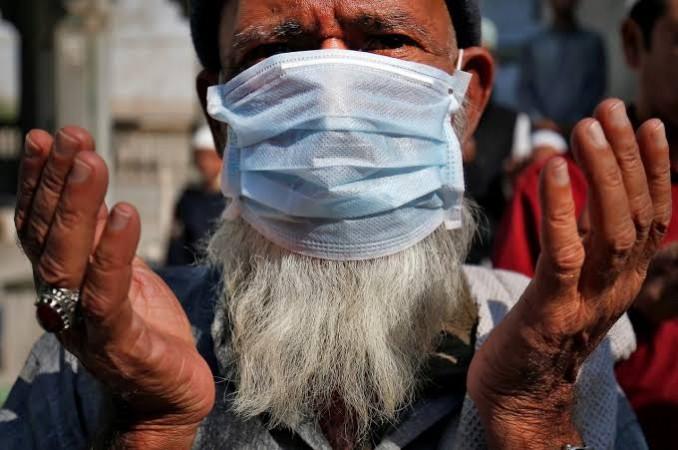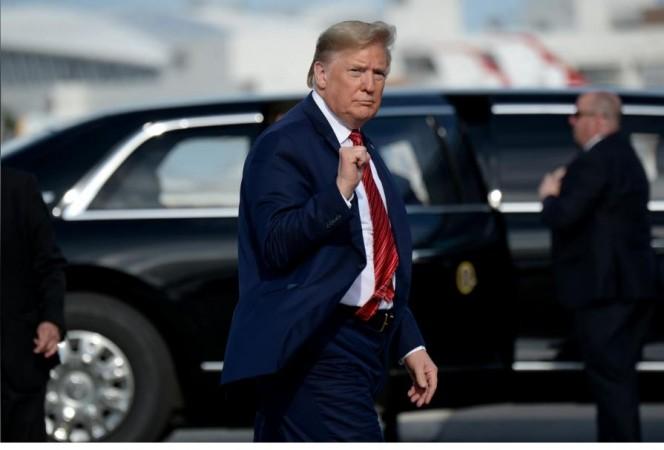US Customs and Border Protection (CBP) will hold exports of respirators, surgical masks and surgical gloves, according to a joint announcement made with the Federal Emergency Management Agency. FEMA will then determine if the equipment should be returned for use in the United States, purchased by the US government or exported.
President Donald Trump issued a memorandum on Friday that directed federal agencies to use any authority necessary to keep the highly sought-after medical supplies in the United States.

Governors, mayors and physicians have voiced alarm for weeks over crippling scarcities of personal protective gear for first-responders and front-line healthcare workers, as well as ventilators and other medical supplies.
The move to seize exports will include N95 respirator masks, which filter airborne particles and are used to protect against COVID-19, the potentially lethal respiratory disease caused by the new coronavirus.
'Humanitarian implications'

The US manufacturing company 3M Co, a leading producer of the masks worldwide, said on Monday that it had reached a deal with the Trump administration that would allow it to continue to export the masks to Canada and Latin America despite the new restrictions. The company had said days earlier that ceasing exports to those regions would have "humanitarian implications."
A federal regulation that outlines FEMA's procedures for seizing and vetting the exports will go into effect on Friday and remain in place until Aug. 10, according to a draft version posted online.
FEMA will aim to make decisions about exports quickly and seek to minimize disruptions to the supply chain, the draft regulation said. Some state and local government officials have accused FEMA in recent days of confiscating shipments of masks and other supplies coming from overseas.
An official with the US Department of Homeland Security who requested anonymity to discuss the matter earlier this week said half of the protective gear brought to the United States on U.S. government flights can be redirected to high-need areas around the country, but disputed the idea that the equipment had been seized.

















